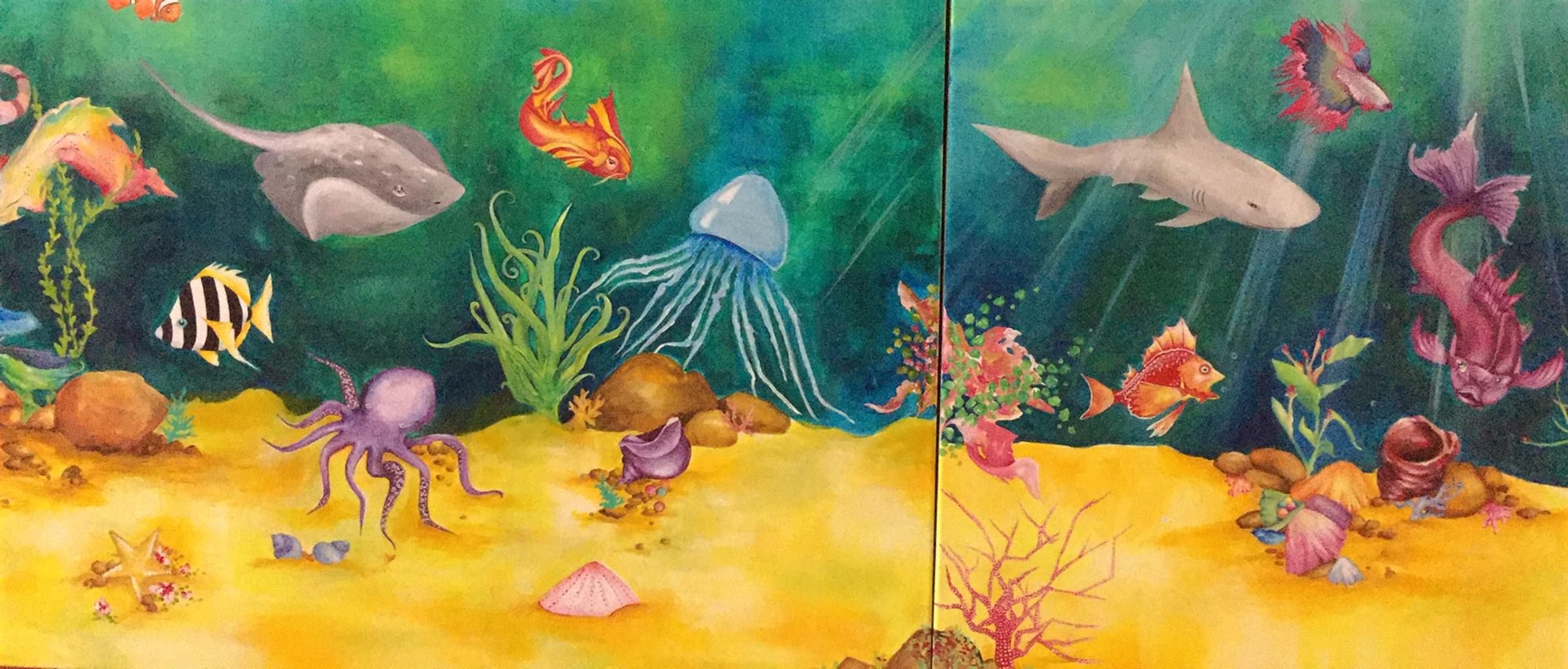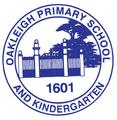From the Principal

Building Update
The building works are very near to completion. External painting of the bell towers and the chimneys will be done after the ground works have been completed. The first concrete pour was done yesterday. In a few days the second colour will be laid. The inside of the Heritage Building is almost ready for occupation and will have a default inspection in the coming days.
Works are due to be completed by the end of this month or early December, including planting of garden beds along Warrigal Road and laying of flexipave with line markings over the concreted area to create more play space.
We have ordered new furniture for the Heritage Building to replace the old and worn furniture including ottomans and seating in the hall to make the space more functional.
World Teachers’ Day
World Teachers’ Day was celebrated on Friday, 29th October. We are fortunate to have dedicated teachers, who love their job and prioritise the academic, social and emotional needs of our students. The adaptability and flexibility shown by all is outstanding.
The staff really appreciated the touching and genuine tributes given to them by both the students and members of the parent community. These small tokens of appreciation reinforce why they are doing the job they do and how satisfying this career is. Thank you to the parents who recognised this event by supplying Morning Tea for the staff. The staff were very grateful and it made their day.
2023 Planning
We are well underway with our planning for the 2023 school year. If you are intending on leaving the school in 2023, please contact the office as soon as possible so we can assist with the transfer process and make adjustments to our planning.
If you know of any neighbours, relatives or friends who are looking to enrol for 2023 please direct them to our website for information about our school. Yesterday was our first Transition Program for our 2023 Foundation Students. It is always such a joy to see the new students so excited to begin their journey with us and being part of ‘big school’.
Praising your Children Effectively
How do you react when you hear expressions like ‘superstar’, ‘you are so clever’ and ‘amazing work’? Do comments like these encourage children to work hard and do well?
It turns out that praise like this is not always helpful and can have the opposite effect. Stanford University researcher Carol Dweck found that effusive praise linked to achievement/ability rather than effort can create learners who have a ‘fixed mindset’. These students believe that they have achieved because they are clever/talented rather than through hard work and persistence.
Children who believe they are successful because they are clever can see mistakes as failure and become very upset rather than view mistakes as an opportunity for growth and a temporary hurdle which can be solved through effort and persistence.
As you know one of the things that we promote at our school is the importance of creating a culture where our students have a growth mindset.
Growth Mindset is an approach to teaching where a student’s mindset is more important than initial ability in determining they make.
Students with a growth mindset:
- Believe that talents can be developed and built over time and that effort creates success
- View mistakes as an opportunity to develop
- Are resilient
- Think about how they learn
Pupils with a fixed mindset:
- Believe that talent alone creates success
- Are reluctant to take on challenges
- Prefer to stay in their comfort zone
- Are fearful of making mistakes
- Think it is important to 'look smart' in front of others
- Believe that talents and abilities are set in stone, you either have them or you don't
How to give effective feedback
Praise which helps children see that success is a function of effort or practice or certain learning strategies develop a ‘growth mindset’. With this mindset, children believe their intelligence can increase through hard work and they value learning over performance.
Young people with a growth mindset out perform their peers on tests and examinations, as well as develop vital capabilities like persistence. In short they become better learners.
In the same spirit, when children tell us that they can’t do something we need to firmly rephrase their pessimism by suggesting they can’t do it yet.
As parents and teachers it is helpful if we present learning as an activity which almost always involves a level of struggle, persistence and effort to achieve mastery.
By explicitly modelling learning as a process which requires effort and strategy, students begin to see that discretionary effort is the key to success in life and in examinations or tests.
As Carol Dweck says:
If parents and teachers want to give their children a gift, the best thing they can do is to teach their children to love challenges, be intrigued by mistakes, enjoy effort and keep on learning.
Michele Nolan
Principal
michele.nolan@education.vic.gov.au
